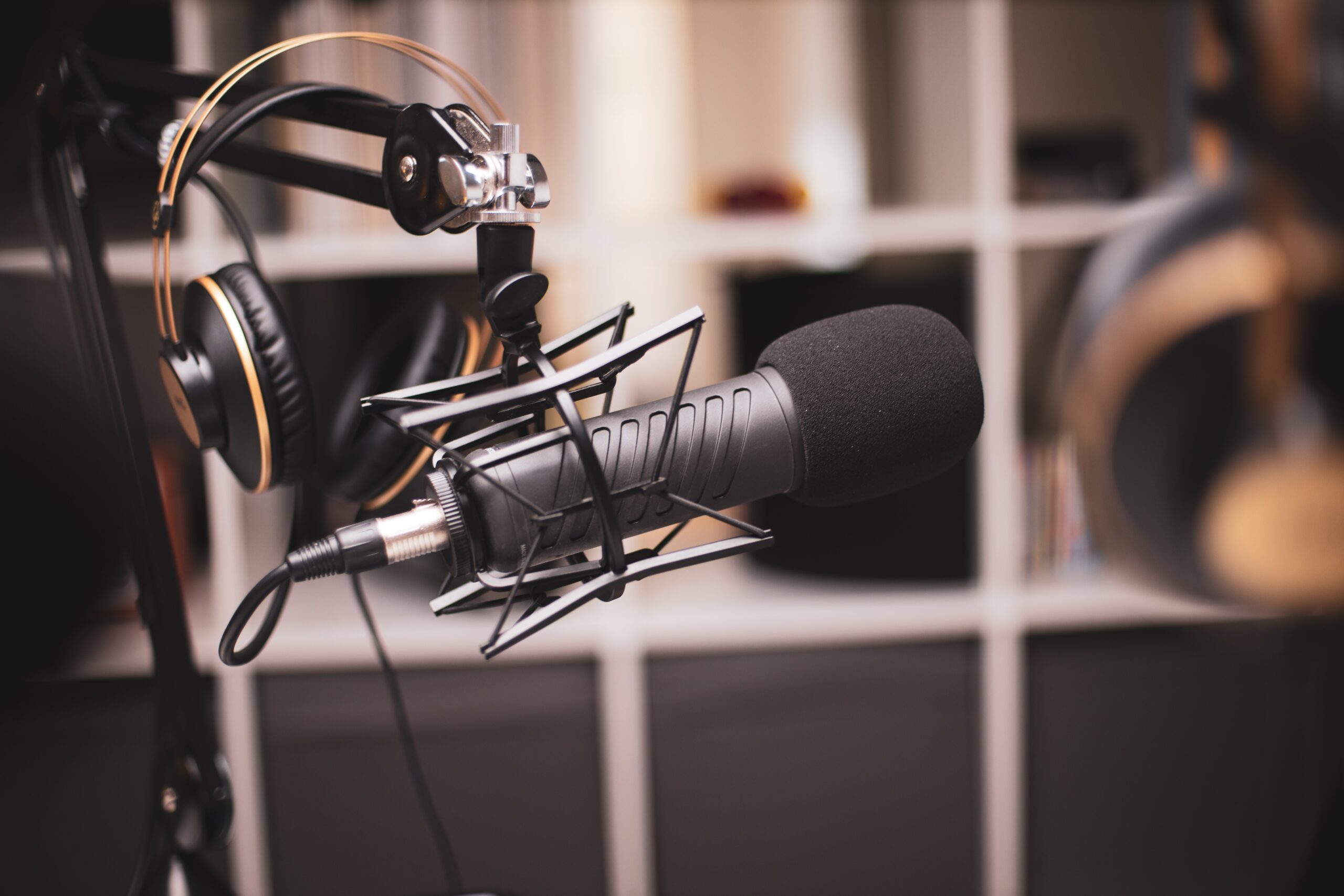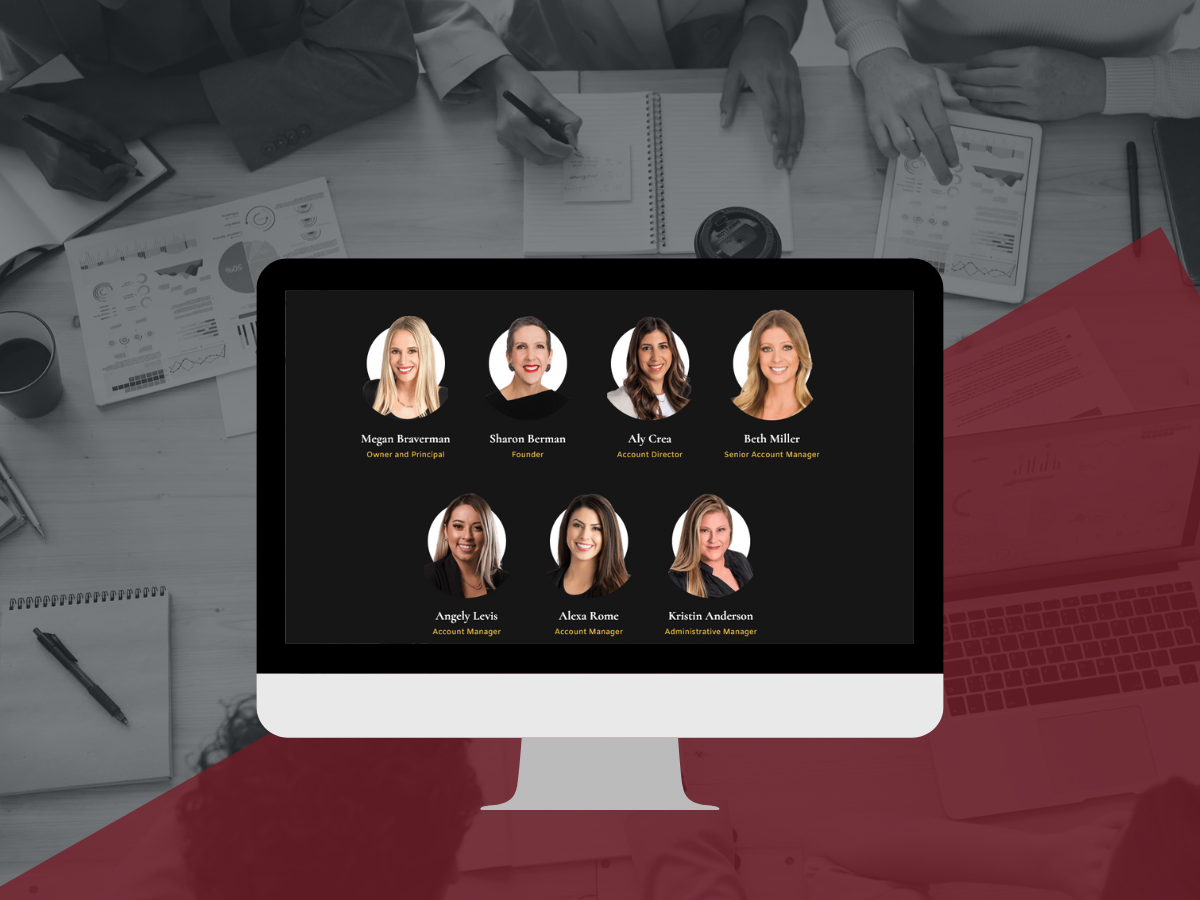Media coverage can be a boon to law firms in terms of elevating exposure and building credibility. Being quoted or profiled in the media can introduce your attorneys and firm to audiences who may be unfamiliar with your particular expertise. Likewise, providing an interview with the media can reinforce to existing clients and referral sources that your attorneys are respected and therefore sought after for their insight into topical issues. After all, it’s one thing for you to tell prospects at a meeting that you’re an expert in XYZ; it’s quite another to have an article in a well-respected media outlet convey your expertise through asking you to comment on XYZ. Additionally, press coverage of a big victory can serve as virtually free advertising, showcasing your attorneys as some of the best in the field.
Because there are so many benefits to being in the press, it’s no surprise that law firms strive to obtain positive media coverage. However, in some cases, the interview and resulting story don’t go as planned.
Potential Pitfalls of Being in the Press
We would be remiss if we didn’t note that there are some risks in giving media interviews. Anytime you agree to speak with a reporter there is the possibility that things may go awry—you don’t have total control over which quotes will be used; a quote could be used out of context and you need to accept that literally anything you say may become part of the story. But generally speaking, journalists are not “out to get you,” and going into an interview with this negative mindset almost ensures that your conversation won’t go well.
It behooves you to remember that journalists are always looking for soundbites (short concise statements that can be used as pull quotes in a written piece, or a teaser for a televised story). They are also looking for new, interesting angles from which to present a story. That is, reporters want something “sexy” to share with their viewers, listeners or readers.
Even with limitations on what you can control, the perks of being interviewed by a member of the press greatly outweigh the risks, as long as you are properly prepared for your interview.
Preparing for Successful PR Outreach
Before you embark on any type of public relations campaign, there are a few best practices to abide by so that when you get a request for an interview, you’re ready to go. First, you need to let go of fear and/or self-doubt. If your PR team has secured the interest of a reporter, that means that a journalist has found you to be a source worthy of speaking with based on your credentials or insights that were offered in a media pitch or press release. This is no time to second-guess yourself with questions like “Am I really an expert in this field?”
You’ll also need to let go of perfectionism. It’s understandable that you may be a little gun-shy if you gave an interview in the past and the resulting press didn’t wind up being exactly what you wanted. However, if you forgo opportunities because of fear that everything may not go perfectly, you can rest assured that your competitors will take your spot. To put it another way: if you don’t claim your spotlight, someone else will.
Planning & Practicing for Press Interviews
Once you’ve been notified that a member of the press would like to interview you, it’s time to get to work planning and practicing for your interview. Here is exactly how to do it:
- Conduct due diligence on the media outlet & reporter.
Just as you wouldn’t go into an interview with a prospect without doing research on them, you should never go into an interview with a reporter without knowing a bit about who you’re speaking to, in terms of both the reporter and their audience. Familiarize yourself with the reporter you’ll be speaking with and the outlet by reading a few articles or watching segments the reporter has done. This will not only give you insight into the style or tone of the reporter but will also help you to better understand the audience you’ll be speaking to. As an added bonus, you may be able to build rapport with the reporter during the interview by commenting on what you liked or found interesting about a specific piece they have done in the past. It’s also helpful to review their LinkedIn and Twitter, or other social media profiles. The more background you have, the better.
- Develop & hone your communication points.
You need to spend time working on messaging together with your PR advocate. Keeping in mind that readers, listeners and viewers have short attention spans, you want to hone your message to 3-5 main takeaways that you will convey to the reporter. Start by asking yourself: “What are the most important points I’d like the audience to take away from this interview?” The points should be concise and you should be able to speak authoritatively about each of them. Remember that it takes more effort to be succinct than it does to be long-winded, and as such, it’s important to spend as much time as necessary to ensure your communication points are pithy and poignant.
For example, consider you’re being interviewed about a new trend in your industry. A strong formula for developing your points would involve touching on: what is the trend, what is the impact and what can your audience expect down the road as the result? Or if you’re talking about a victory your law firm has secured, your messaging should include a brief overview of what led to this particular case, talking about obstacles that your firm overcame to emerge victorious and why this outcome will have a lasting impact on future litigation. Remember, as you craft your communication points, short and sweet is the name of the game.
- Be sure you know your facts.
Reporters are likely to ask general questions about you or your firm, in addition to their topical questions. Be sure you have a solid grasp on facts such as when the firm was founded, number of attorneys and staff, specialties you boast, etc.
- Prepare for controversial questions.
Reporters are looking for sexy stories, so there’s a chance that you could be asked a controversial question. The best way to handle these is by preparing for the possibility that they will be asked. Don’t assume “they will never ask that” or hope they won’t. Prepare how you plan to respond ahead of time so you won’t be caught off guard.
- Practice your answers.
By practicing relaying your key communication points, you’ll become familiar with messaging and will sound more natural when discussing them. It will also reduce the likelihood that you’ll go off-topic when speaking to the reporter.
What to Do During Your Interview
After taking the time to prepare for your interview, it’s important that the prep work you put in doesn’t go to waste. Here’s a look at what to do during the actual interview:
- DO take deep breaths and relax.
Take a few deep breaths before you answer the phone or before a televised interview begins. Deep breathing will slow your heart rate, making you less nervous and reducing the chance that you’ll speak too rapidly.
- DO answer the phone when the reporter calls.
Failing to answer a scheduled interview will not serve you well with a reporter. Be near your phone a few minutes before your interview begins. If something comes up and you need to reschedule, let the reporter or your PR advocates know as soon as possible.
- DO smile when you speak.
There’s no denying that you can “hear” a smile through the phone. So smile when you’re speaking with a reporter, as they will be able to tell that you’re happy to be helping.
- DO lead with your most important communication point.
Reporters are not looking for the same old tired responses to a topic. They want a new angle, a unique perspective, a staggering statistic. Put the most interesting or newsworthy points on the table from the very beginning.
- DO spell all names.
This extra effort goes a long way with reporters who are often under strict deadlines, by helping them to ensure accuracy and save time in having to look up spellings of names, businesses, etc. It also avoids having to follow up once a story is published to request a correction.
- DO slow down.
Most reporters are taking notes manually or via computer, so speaking slowly will be helpful. There’s no reward for saying as much as you can as fast as you can and you don’t want to make the reporter feel like you’re rushing the conversation.
- DO listen.
By listening for the scrawl of a pen or fingers on a keyboard as the reporter takes notes, you will see when you need to slow down. Pay attention to what you hear on the other end of the phone.
- DO speak in plain language your audience can understand.
While industry jargon comes second nature to you, the reporter may or may not be as familiar, depending on how extensively they cover the topic. But most important, most audiences don’t want to hear technical terms when reading or listening to a story. Speak in regular language that even those not in your industry will understand.
- DO ask if you’re being understood.
It’s perfectly fine to restate something you’ve said, or even ask the reporter to read back what you said if you feel like you strayed from the main points.
- DO ask which camera to look at for televised interviews.
During televised interviews there may be several cameras. Always ask the camera crew where you should direct your eyes when speaking.
What to Avoid During Your Interview
Just like there are best practices for interviews, there are also things that should be avoided. Here’s a look at what not to do during an interview:
- DON’T ever lie.
Tell the truth, and if you don’t have an answer to a particular question, don’t try to wing it. Let your interviewer know that you will get back to them with the information they requested. They’ll appreciate that you want to be correct and thorough rather than provide incorrect information. If you do state false information, you can pretty much guarantee they will never turn to you as a resource again.
- DON’T assume anything is off the record.
Never say anything that you wouldn’t want to appear in print. It’s a good idea to imagine that your mic is always “hot” to avoid saying off-the-cuff remarks that you don’t mean to have printed. Even though any good reporter should honor an off- the-record agreement, it’s not legally binding and you’re better off safe than sorry.
- DON’T say no comment.
If you’re not willing to address the reporter’s question, they will likely assume you’re hiding something or there is a reason you’re uneasy about what they asked. Instead of responding with “no comment,” there are ways to reply without specifically addressing their question. For example, you could say “we can neither confirm or deny that at this time” or “we are looking into the situation further and will have a response once all facts are known.” You can also divert the question by saying, “I’m sorry I can’t respond to that question, but I can address…” Be prepared and practice responding to these “tough” questions.
- DON’T get distracted.
Make sure you’re focused on the interview and not trying to do anything else at the same time. If you’re taking a call from your office, notify staff and mute any alerts and reminders that may come through. A reporter will be able to tell if they don’t have your undivided attention. If something urgent does come up, ask if you can call them back shortly or reschedule altogether if need be.
- DON’T take a call from your car or on speakerphone.
Give the reporter the courtesy of clear audio. It makes their jobs so much easier and demonstrates respect. Additionally, while everyone uses cell phones these days, it’s best to talk on a landline to avoid issues with sound quality or dropping the call. If you’re calling into a radio or TV show, they will most likely require a landline to prevent problems during a live feed.
- DON’T wear patterns or too much makeup for video interviews.
Solid colors are best as patterns don’t play well on video, nor does a ton of makeup. Keep it professional and subdued so that your words are the focus on the interview, not your clothes, makeup or jewelry.
Following Up Post-Interview
Just because the interview has been completed doesn’t mean your work is done. Keep in mind that your goal is to become a trusted resource so that the reporter thinks of you the next time a story arises which you could contribute to. Offer the reporter your cell phone number in the event that they have follow-up questions. Then, be available when and if they call. Likewise, if you said you’d follow up with any additional information, do so as soon as possible, either personally or through your PR rep. Finally, be sure to thank the reporter; a quick email, text or handwritten note thanking them for their time will go a long way in building a relationship.



